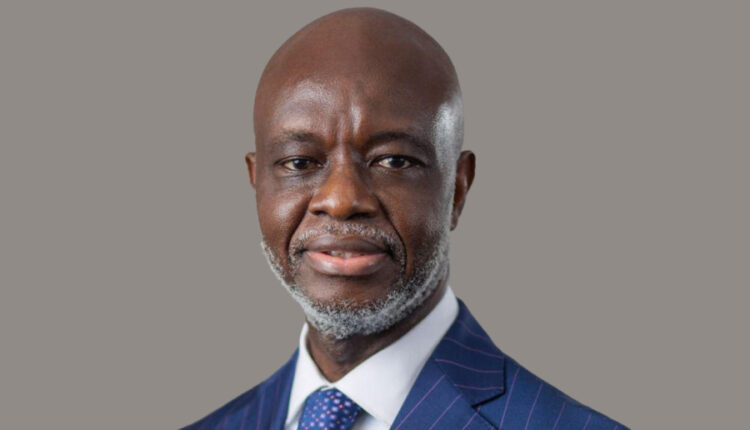Court orders MFWA to pay NCA GH₵1500 for radio closure information
An Accra High Court has directed the Media Foundation for West Africa (MFWA) to pay GH₵1500 to access information from the National Communications Authority (NCA) on radio closures.
The court presided over by Justice Gifty Adjei Addo, ruled on Thursday, June 17, that the request was not in the public interest but personal clarifications by the MFWA.
The court held that parliament was supposed to set a fee for administrative cost in implementing the Right to Information (RTI) Law.
But the absence of a cost guide should not prevent a public institution from imposing reasonable charges.
Therefore, applicants for information cannot hide under the RTI Law to decline payment for information service.
The judge, however, directed the regulator to slash the GH₵ 2000 charge.
The MFWA sought five reliefs, but the court granted the first two, dismissed the third and granted the fourth in part.
Reliefs sought by MFWA
- A declaration that the decision and demand by Respondent contained in its letters dated July 29 2020, and August 20, 2020, complained about are unlawful, unreasonable, unfair, and in violation of Applicant’s constitutional and fundamental right to access information.
- A declaration that the amount of GH₵ 2,000 demanded by Respondent from the Applicant in order to generate the information constitutes constructive denial, refusal, failure or neglect, and breach of Applicant’s right to information under Article 21(1) (f) of the 1992 Constitution of Ghana
- A declaration that the amount demanded is not only unlawful but unconscionably exorbitant in breach of the letter and spirit of Act 989 and Applicant’s fundamental rights to information
- A declaration that the information requested by the Applicant is not subjected to a charge/fee; or in the alternative,
- A declaration that if Applicant were liable to a charge/fee, same ought to be an ascertainable amount to cover the actual cost of reproduction or photocopy of the information sought only.
How it all started
On November 17, 2020, MFWA dragged NCA to court in connection with the closure of media houses.
In a suit filed at the Accra High Court, the MFWA sought an order enforcing its right to information under Article 21(1) (f) of the Constitution by compelling the Respondent (NCA) to provide the information requested.
On July 22, 2020, the MFWA, through its Executive Director, Sulemana Braimah, submitted an access to information request to the NCA in the exercise of rights guaranteed under Article 21(1)(f) of Ghana’s 1992 Constitution and Ghana’s Right to Information Act, 2019 (Act 989).
The MFWA requested from the NCA, the complete list of all FM radio stations (indicating the name of the company, name of the radio station, location, and frequency number) that it had shut down following the Authority’s 2017 FM spectrum audit. According to the NCA, the audit was in line with the 2018 decision of the Electronic Communications Tribunal.
The MFWA had also requested the complete list of all authorised FM stations as of the second quarter of 2020, with indications of the dates of first authorisation, dates of last authorisation renewals, locations, and whether they are on and off-air.
The MFWA further requested the reasons the NCA made changes to exclude certain information from its published 2020 second-quarter report titled: “List of Authorised VHF-FM Radio Stations in Ghana, as at Second Quarter 2020,” compared with other similar reports previously issued by the Authority.
After acknowledging the MFWA’s letter, the NCA did not provide the requested information within 14 days, prompting a follow-up letter on August 18, 2020.
Subsequently, the media regulator wrote two letters in reply.
The first letter indicated that the Authority was not going to provide explanations for the changes it had made to its report.
In the second letter, the regulator asked the MFWA to pay GHC 2,000 ($345) to generate the requested information.
It said it based its action on the Electronic Communications Act.
Convinced that the amount the NCA is demanding is prohibitive and liable to set a bad precedent, the MFWA decided to file a suit, but this was after an appeal for a second look through its lawyers was ignored by the NCA.
The MFWA averred in the suit that the NCA had acted “unconscionably, unjustifiably, unreasonably, unfairly and arbitrarily and in breach of specific provisions of Act 989 complained about in the suit”.



